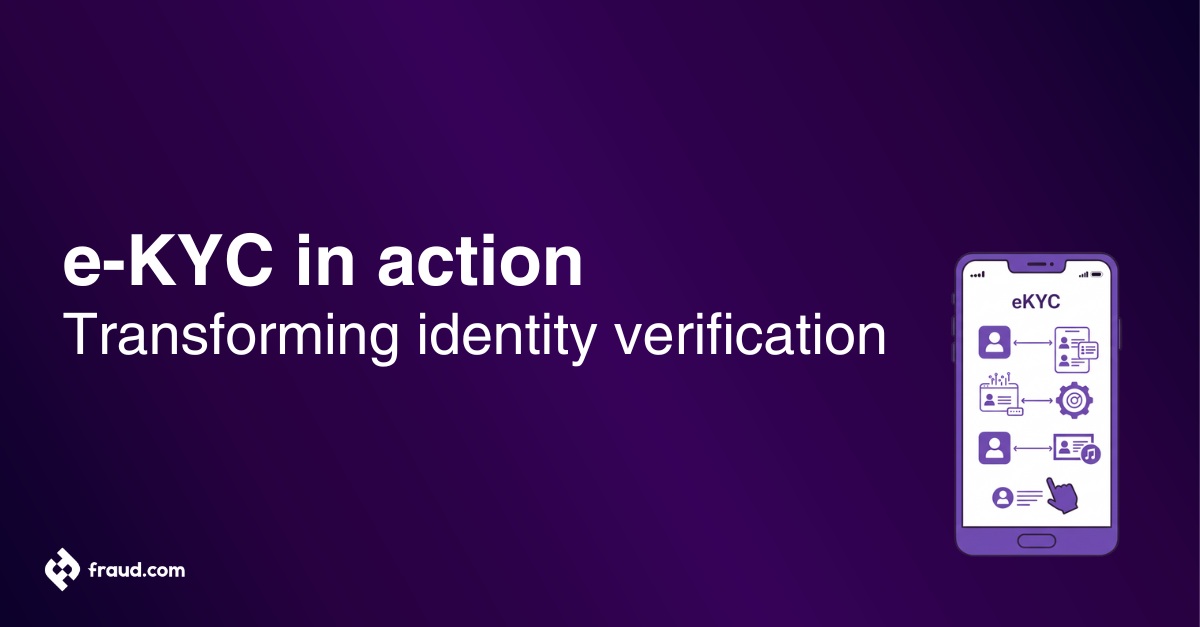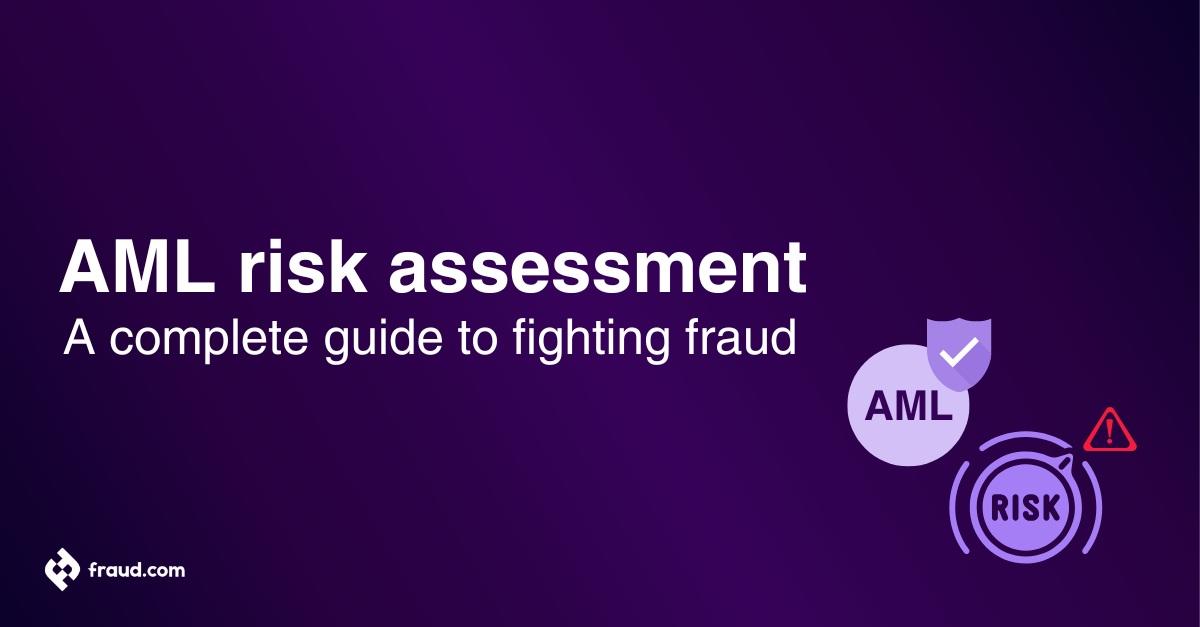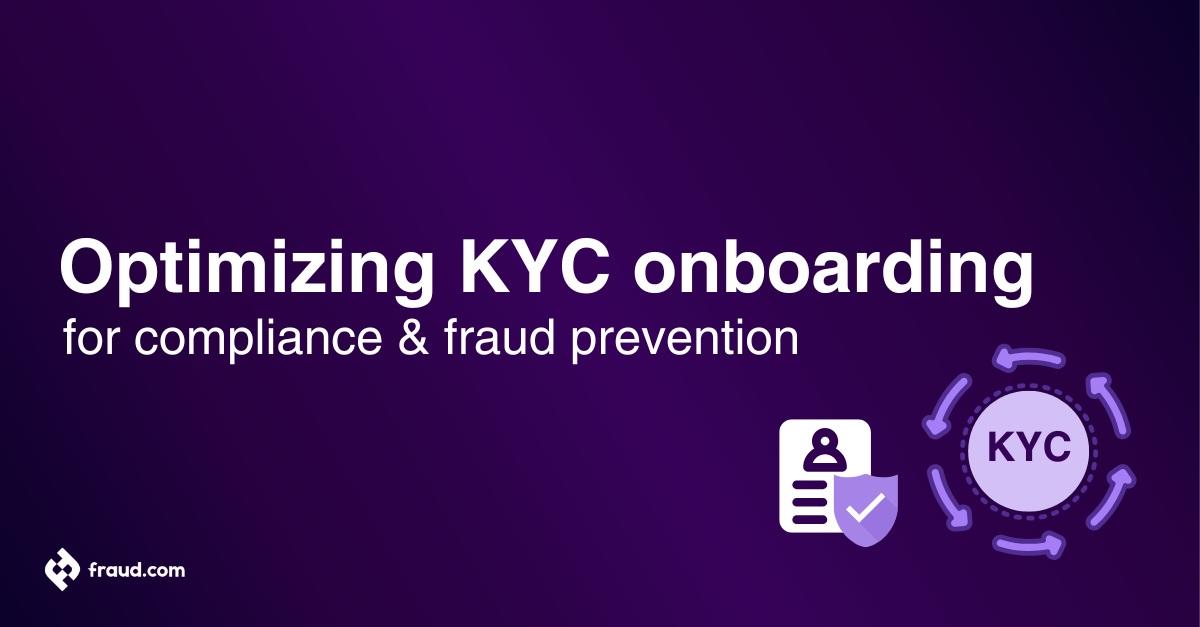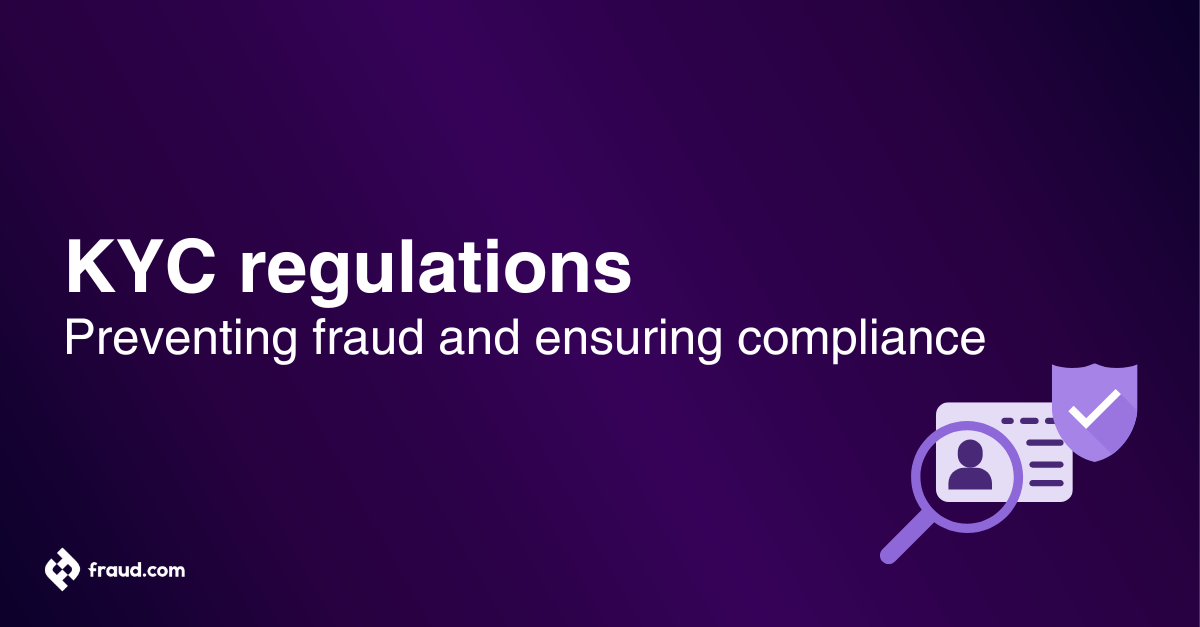In the competitive world of retail, promotions and discounts are essential marketing tools to attract customers and increase sales. However, as the widespread use of coupon campaigns continues to rise, so too do the risks of coupon fraud. This deceptive practice not only causes substantial financial losses for retailers but also undermines customer trust and tarnishes the reputation of businesses and manufacturers.
To protect their revenue and customer relationships, it’s imperative that retailers take a proactive approach. This article explores coupon fraud, including its prevention, cases, consequences, and an innovative AI-based tool, aiReflex, designed to help retailers tackle this growing threat.
Table of Contents
ToggleWhat is coupon fraud?
Coupon fraud is the unauthorised creation or alteration of coupons to deceive retailers and manufacturers into providing products at reduced or no cost. This practice leads to inflated costs for both businesses and consumers, as it contributes to the loss of millions in unearned discounts. Fraudulent coupon activities often occur through stealing and reproducing coupons or taking advantage of unclear terms and conditions. Consequently, this dishonest behaviour affects the retailers and consumer product manufacturers dedicated to providing genuine promotions, leading to increased regulations and scrutiny on coupon usage.
How to prevent coupon fraud
Retailers must take proactive steps to guard against coupon fraud. By implementing basic security measures and collaborating with other entities such as the Coupon Information Corporation (CIC), businesses can better minimise fraud exposure. Below are some steps retailers can take:
- Be vigilant with coupon terms and conditions: Clearly define the promotion’s limitations and expiration dates to avoid any ambiguity. Include specifics related to eligible items, possible combinations with other discounts, and details about physical or digital redemption.
- Train employees to identify fake coupons: Educate staff on what to look for, such as atypical barcode formats, inconsistent design elements, or unusually large discounts. Also, include guidelines on how to validate serial numbers or QR codes, and regularly update them on new and known coupon fraud schemes.
- Collaborate with proper authorities: Report suspected fraudulent activities to the proper authorities such as the postal inspection service, to help apprehend offenders. Build relationships with these agencies to ensure open communication channels and cooperation in combating coupon fraud.
- Cross-check with coupon databases: Verify the authenticity of coupons by comparing them to the images and information available on the CIC’s website or other reliable databases. Encourage staff to consult these sources when encountering suspicious coupons to ensure they are honouring valid promotions.
- Use unique codes: Incorporate specific codes or design features exclusive to your brand to make it difficult for counterfeiters to replicate your coupons. Techniques like holograms, micro printing, and tamper-evident packaging can deter unauthorised copying and boost security.
- Monitor social media: Keep an eye on various platforms for the unauthorised distribution of your coupons or for discussions related to coupon fraud schemes. Quickly address instances where potentially fraudulent coupons are being shared and report them to the platforms for removal.
- Implement digital authentication: Take advantage of technology by using digital coupon authentication methods, such as single-use codes or location-specific offers. This can help prevent counterfeiters from producing large quantities of fake coupons and help track redemptions, ensuring that each coupon is used only once.
Coupon fraud cases
Over time, numerous cases of coupon fraud have made headlines. Some prominent examples include:
- Lori Ann Talens and husband Pacifico Talens Jr: This couple was charged with running a multi-million dollar counterfeit coupon scheme, causing losses totalling over 31 million dollars. Lori Ann Talens pleaded guilty and was sentenced to 12 years in prison, while Pacifico Talens Jr received 87 months in prison.
- $5 million in restitution: In a separate case, an individual was convicted of defrauding major retailers and was ordered to pay 5 million dollars in restitution.
- Printing coupons from home: Fraudsters have made millions by printing counterfeit coupons on personal computers, posing as genuine coupon enthusiasts and leading to significant losses for businesses and manufacturers.
Coupon fraud consequences
Coupon fraud has far-reaching consequences for businesses, consumers, and the perpetrators themselves, affecting stakeholders throughout the entire process.
- Lost revenue: Retailers suffer financial losses due to millions in unearned discounts, which impact their profit margins. Additionally, businesses may have to invest in enhanced security measures and employ additional resources to counteract fraudulent activities.
- Damage to brand reputation: Businesses may face distrust from consumers, leading to decreased customer loyalty and brand value. Negative publicity associated with coupon fraud incidents can hurt a company’s credibility and deter potential customers from engaging with the brand in the future.
- Stricter regulations: Fraudulent activities often result in more stringent coupon policies, making it harder for genuine customers to benefit from promotions. The increase in rules and restrictions can diminish the appeal of promotional offers and potentially discourage legitimate customers from utilising them.
- Higher product costs: Manufacturers and retailers may have to raise prices to offset losses incurred due to coupon fraud, leading to increased costs for consumers.
- Criminal penalties: Fraudsters face prison sentences and hefty fines upon being caught and convicted. This not only impacts both their personal and professional reputation but also has broader implications for those connected to them, including family members, friends, and any business partners.
- Limited marketing opportunities: The prevalence of coupon fraud can discourage businesses from using coupons as an effective marketing tool. This restriction can limit their ability to attract new customers and drive sales.
Effective measures to combat coupon fraud include collaborating with law enforcement, sharing information on fraud schemes, and establishing a robust investigation process. The collective effort of businesses, consumers, and regulatory authorities is essential in mitigating the consequences of coupon fraud. Implementing advanced technologies and keeping up with fraud trends can also bolster an organisation’s ability to protect itself and its customers.
Preventing coupon fraud with aiReflex
aiReflex is an innovative solution that utilises artificial intelligence to help retailers prevent coupon fraud by streamlining authentication processes. By leveraging machine learning algorithms designed to identify and flag suspicious activities, aiReflex allows businesses to focus on their core operations while safeguarding against the loss of valuable revenue.
This intelligent system can even adapt and evolve based on previous fraudulent attempts, ensuring it remains up-to-date with the latest fraud patterns. In doing so, aiReflex creates a more secure promotional landscape for both retailers and consumers, reducing the impact of counterfeit coupons on the industry.









